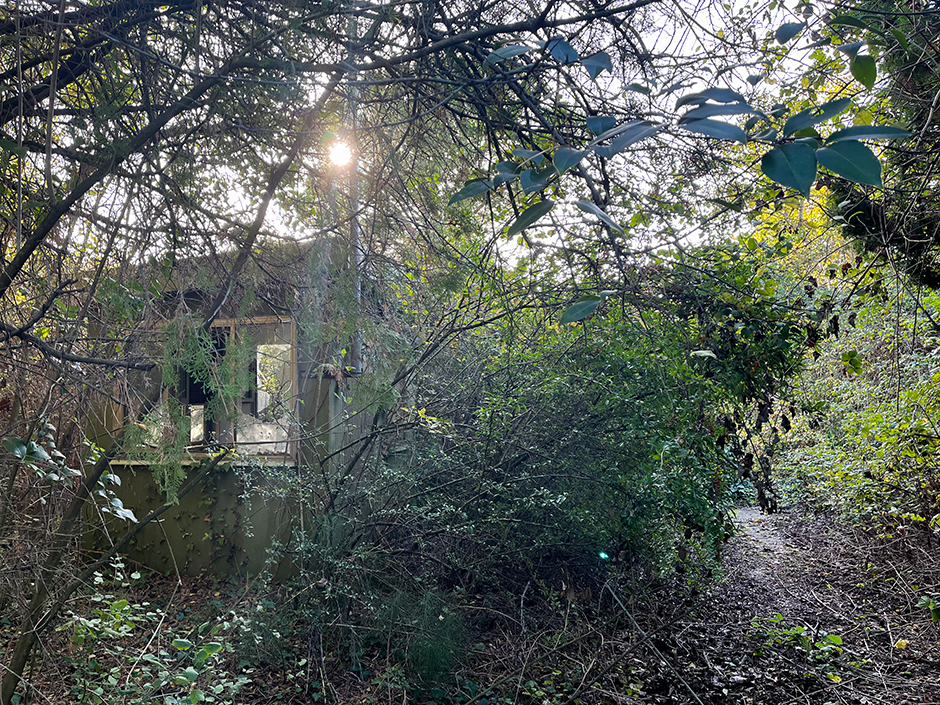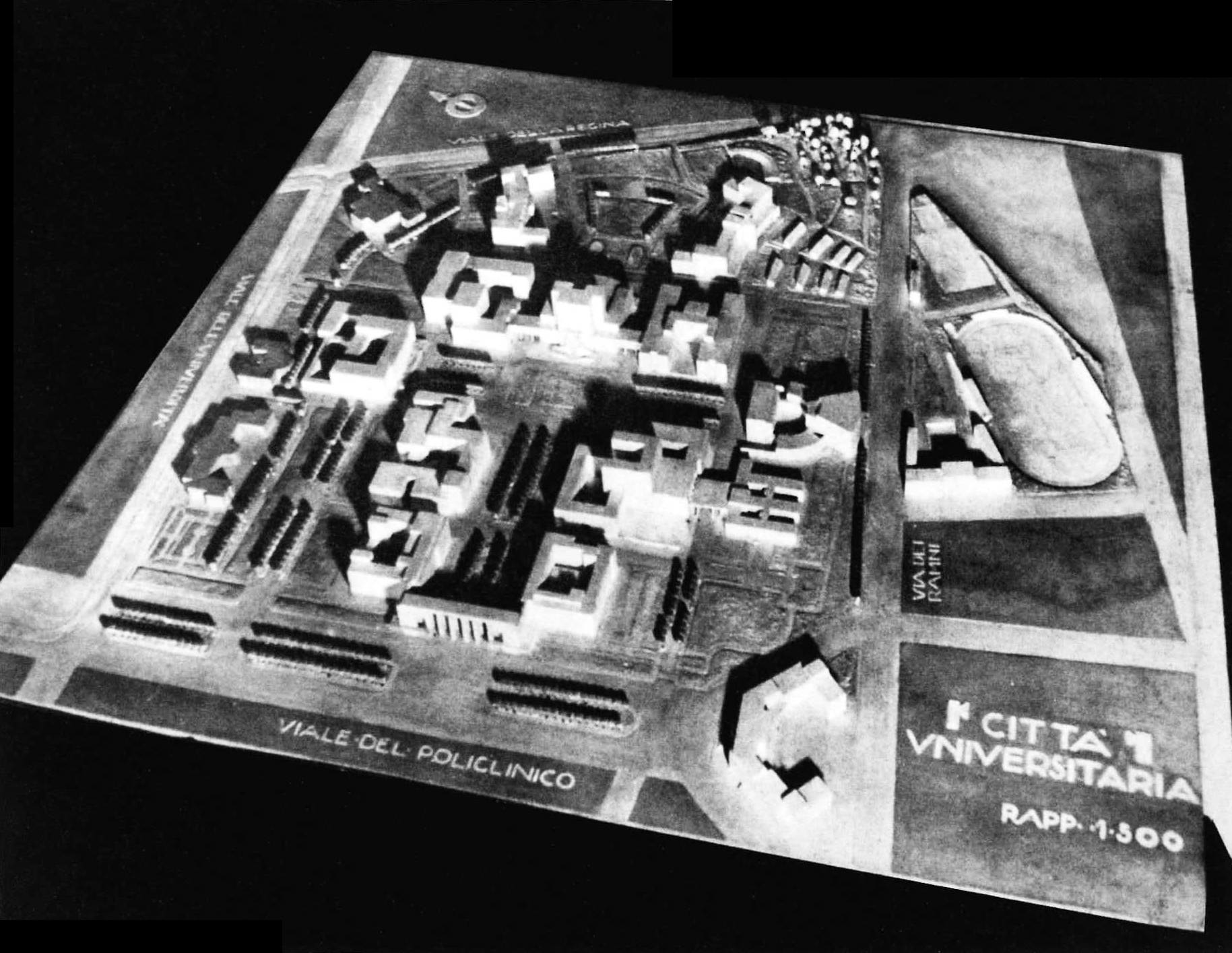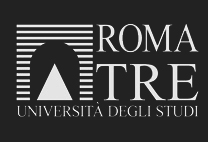UrbanisticaTre launches a call for papers for a new QU3 edited by Adriana Goñi Mazzitelli & Mauro Gil-Fournier:
Extitutional Urbanism in Latin America
“Good politics are ones that multiply possibilities “
(Viveiros de Castro)
“This issue of QU3 aims to explore new research, projects, and collective actions in Latin America that are both observing and remaking the city from the vantage point of the various contemporary networks currently at play there and the processes and battles that have composed them. Those who would invoke and observationally assess these new phenomena, as well as those who perform the new practices of what we will here qualify as a ‘complex and open urbanism’; are able to do so as the result of a permanent interaction of a multiplicity of agents and agencies, as well as innovative processes in the redistribution of urban decision-making. In this time of great political upheaval and institutional crisis on the continent of Latin America, our objective here will be to highlight, valorize, and to safeguard the assorted knowledges and practices, collectivities, and urban projects that we contend can trace out for all of us some new and exciting paths for remaking our cities.
We wonder if URBANISM and PLANNING can themselves become far less institutionalized: or if self-organizing or autonomous movements can find ways to bridge together what so far have all too often remained disconnected and isolated experiences. We can imagine a new urbanism whose centres of creative control emerge not from on high but from open and continuous collaboration. This urbanism would reinforce the often innovative struggles of its citizenry, while remaining deeply attuned to eco-social and feminist sensibilities. It would respond to human (as well as ‘non-human’) rights issues; and it would draw upon a kaleidoscope of different cultural influences amongst its other constitutive formations. An urbanism then which would have been brought into being, or even having been won, by the various agendas of the many social movements and activists might also provoke theoretical reflection on what might be termed ‘an extitutional urbanism'”.
Please read the full call at this link and send an extended abstract by March 30th.
Lea la call en español en este enlace y mande un abstract dentro la fecha del 30 Marzo.




